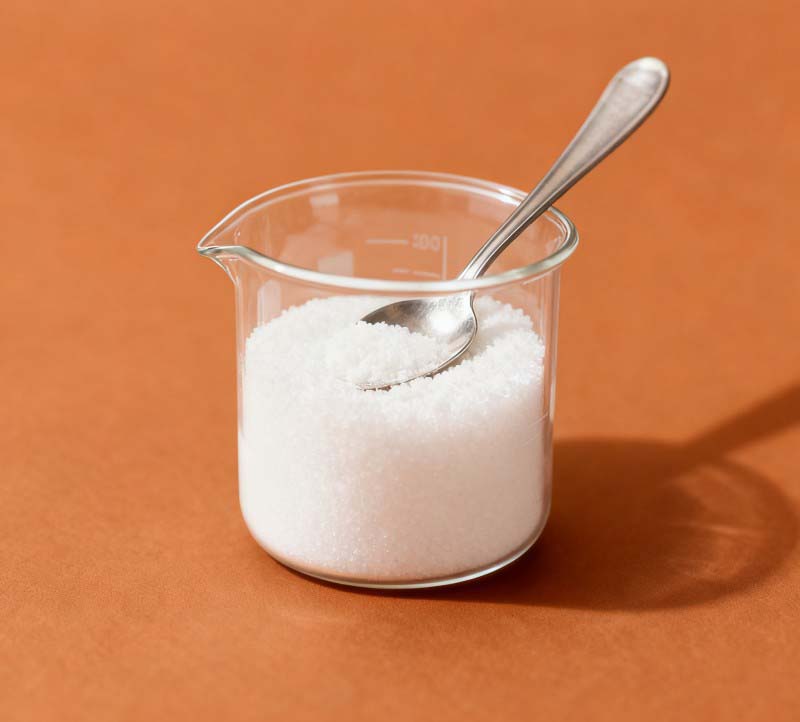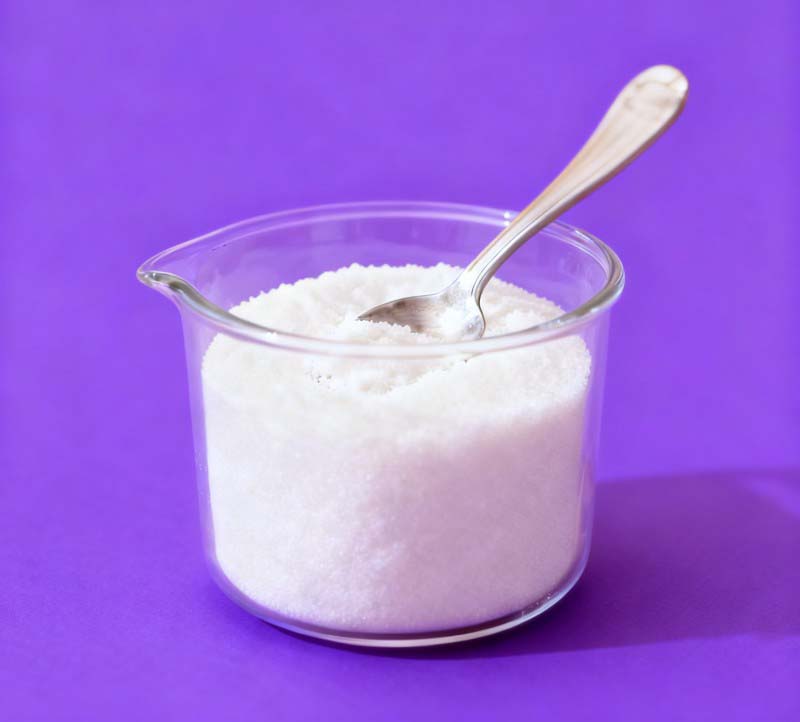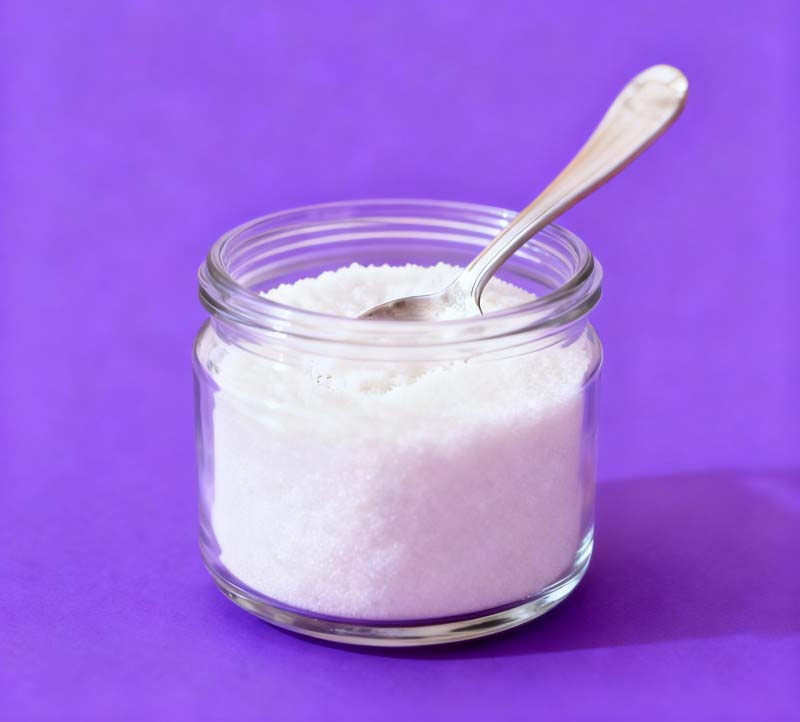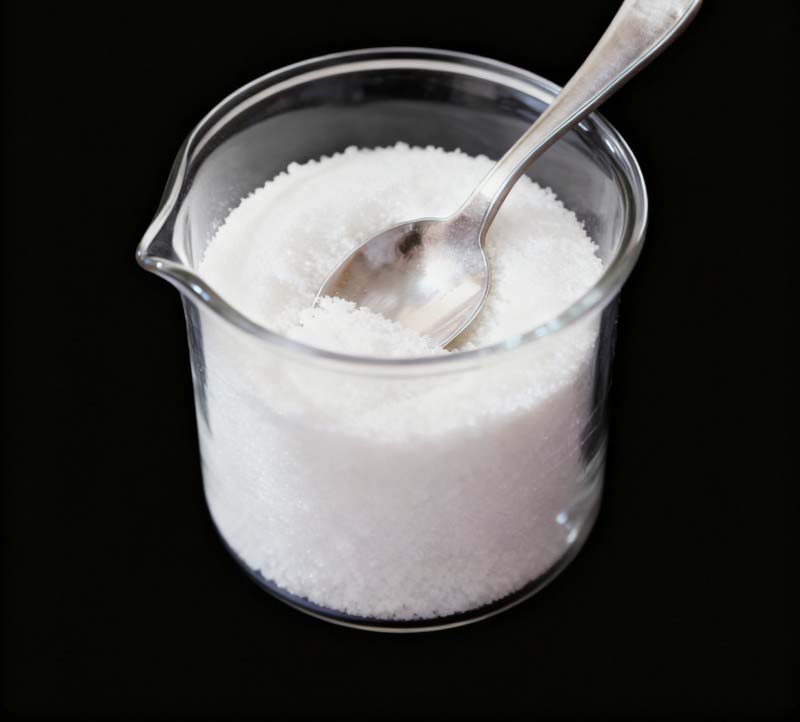Biotin: The Comprehensive Guide to This Essential Vitamin

When searching for the English term for “生物素,” you’re likely looking for more than just a simple translation. Your needs probably include understanding what biotin is, its health benefits, how to use it, and where to find it. This guide will comprehensively address all these aspects.
Biotin at a Glance: 10 Common English Terms

Biotin is a water-soluble B-vitamin, officially known as Vitamin B7. It acts as a crucial coenzyme in the body, involved in numerous metabolic processes. Specifically, it helps convert nutrients from food—such as carbohydrates, fats, and proteins—into energy. Since our bodies cannot synthesize it, we must obtain biotin from our diet or supplements.

The popularity of biotin stems from its wide range of health benefits, particularly for aesthetics and metabolism.
1. Promotes Healthy Hair, Skin, and Nails
This is the most well-known benefit of biotin.
2. Supports Metabolic Health
Biotin is a key player in metabolizing the three macronutrients:
3. Aids in Prenatal Development
Adequate biotin is crucial during pregnancy for embryonic growth. However, marginal biotin deficiency is common in pregnancy, so prenatal vitamins often contain it, but it’s important to consult a doctor before taking any additional supplements.
4. Supports Neurological Function
Biotin is involved in nerve signaling and myelin sheath synthesis, which protects nerve cells. High-dose biotin therapy is being studied for conditions like multiple sclerosis (MS).

1. Biotin-Rich Foods:
The best way to get biotin is through a balanced diet. Excellent natural sources include: